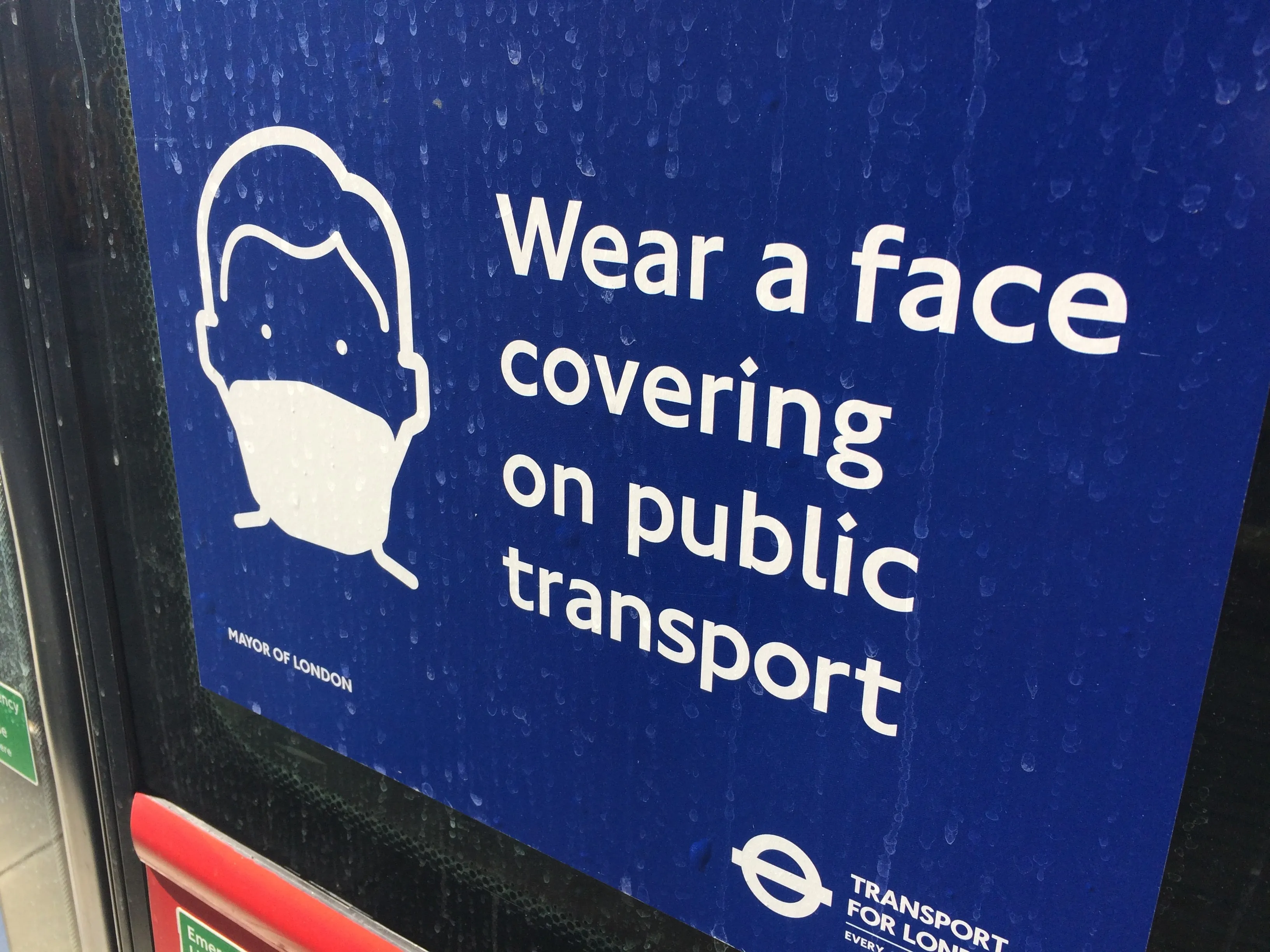
Neil Gray, the tolling organisation’s government affairs director, said these included the fact that tolling agencies “provide an essential public service” and “will realistically need to be a part of any government stimulus packages to cope with the financial challenges ahead”.
On the IBTTA’s Tolling Points blog, he wrote: “While the coronavirus pandemic is first and foremost a global health crisis, its economic impacts have quickly devastated many industries, particularly the transportation industry, that depends on employees and customers showing up as expected.”
He refers to Fitch Ratings, which warns that traffic and revenue will be hit due to “unprecedented public health responses” like work-from-home notices and school closures.
The ratings agency says priced managed lanes will see less volume with congestion so severely reduced, but all-electronic tolling remains “an essential tool to ensure revenues continue to flow without person-to-person contact.”
It also suggests that publicly-managed toll roads have strong balance sheets and “overall financial resilience”, while the private sector “can still fall back on strong financial reserves and potential equity support”.
Gray also pointed to a major different between the US and tolling operations in other countries.
“Unlike their European counterparts, many of which operate but do not build their roads, a crisis as big and all-encompassing as the pandemic requires US agencies to keep operating and uphold significant capital debt obligations,” he said.
“Each system has its pluses and minuses, but in today’s reality, US agencies are responsible for managing a profound risk that no one foresaw when their bond covenants were negotiated.”
IBTTA president Samuel Johnson – who has just been appointed interim CEO of Transportation Corridor Agencies, following the retirement of Michael Kraman – struck a note of calm.
“Like other industries, we are watching, listening, learning and adapting to the breadth of this pandemic, which is more impactful than anything we have seen in our lifetimes,” Johnson said.
“We do know two things: that digging out after the period of isolation ends will require every funding tool available, and we are already having constructive conversations about what the future of our industry may look like.”
“That includes discussion of funding a major push on surface transportation and other infrastructure at the federal level to get America back to work once it’s truly safe to do so,” he continued.
“Tolling agencies are masters at the task of delivering financing for projects that couldn’t otherwise be built. It’s too soon to deliver on that conversation — right now, we all have to stay home, stay safe and flatten the curve — but when the time is right, we’ll be ready.”









